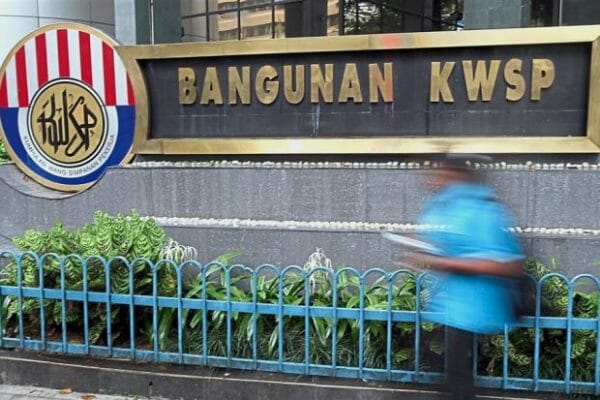The unorthodox withdrawal facilities provided by EPF due to the pandemic has left some serious repercussions to its members, these withdrawals, namely i-Lestari, i-Sinar, and i-Citra, resulted in a total of RM101 billion being disbursed to over 7.4 million members, which is close to half of all EPF members. While they provided some financial relief to members during the pandemic and various MCOs, the withdrawals have inevitably led to 6.1 million members now having less than RM10,000 in their EPF accounts, of which 3.6 million have less than RM1,000, leaving them vulnerable and unprotected for their retirement.
The drop in savings is particularly worrying for Bumiputera members, as they made up 78% or more than three quarters of the withdrawal applicants. As a result, 4.4 million or 54% Bumiputera members now have less than RM10,000, and 2.0 million or 25% have less than RM1,000.
In addition, the distribution of savings has become increasingly skewed. The bottom 40% of EPF members (about 5.0 million members) saw their savings drop by 38% to just RM8 billion, translating into a median savings balance of RM1,005. The middle 40% also suffered a decline of 18% to RM155 billion, or a median balance of RM24,995. Only the top 20% of members aged below 55 saw an increase in savings, but this translates to a median of RM152,043, or equivalent to just RM633 per month for 20 years.
The three exceptional withdrawals have left 73% or nearly three quarters of members in a serious state of having inadequate funds to retire above the poverty line. The EPF estimates that members will need to work between an extra 4-6 years to rebuild the savings that have been utilised during the pandemic, which has also led to a significant drop in the percentage of members meeting the Basic Savings threshold (RM240,000 at age 55) from 36% in 2020 to an estimated 27% by the end of this year.
With vaccination rollout and recovery plans established, EPF cites that measures introduced by the government could assist members to recoup their withdrawals. In addition, the recently tabled Budget 2022 includes an allocation of RM8.2 billion for Bantuan Keluarga Malaysia (BKM) and RM4.8 billion for Inisiatif Jamin Kerja Keluarga Malaysia (JaminKerja), as well as a number of measures to assist the Rakyat.
This can also be seen particularly in the continuation of i-Saraan and Kasih Suri Keluarga Malaysia incentives. These efforts go some way towards addressing the shortcomings of the country’s social protection system for the vulnerable members of society, to ensure that they have access to at least a minimum standard of living, even during unprecedented times.
The social protection agenda is being overseen by the Malaysian Social Protection Council (MySPC), chaired by the Prime Minister, and is currently looking at fundamental reforms to the nation’s social protection system.









